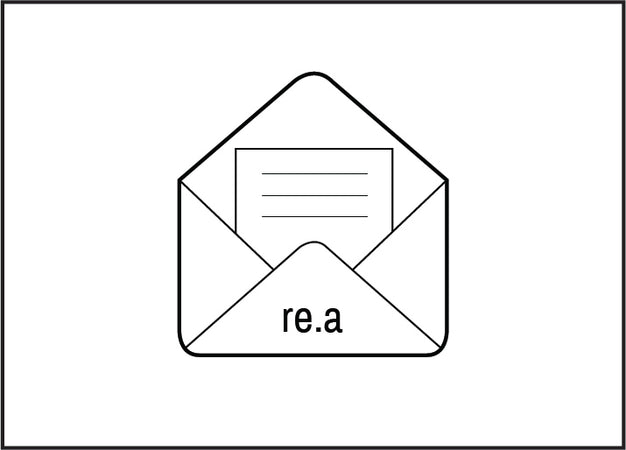Recycled Cotton

Cotton scraps spun back into yarn

Recycling cotton allows us to reduce our reliance on the production of virgin cotton. We’re seeking to reduce our reliance on virgin cotton, because the seeding and harvesting processes involved in producing cotton are extremely water intensive - irrespective of whether conventional cotton or organic cotton is being produced.
The strain that producing cotton places on our land and water use is significant. In the case of conventional virgin cotton – massive volumes of water and pesticides are required to seed and harvest the cotton. Synthetic fertilisers and pesticides (mostly petroleum based) are used to cultivate the cotton which in turn pollute the soil, air and water surrounding the crop.
The World Wildlife Fund ("WWF") reports that cotton takes up 2.4% of arable land globally, with cotton requiring 24% of all pesticides and 11% of all water used in the world's agricultural industries.
Even the planting and harvest of organic cotton crops is extremely water intensive.
It is estimated by WWF that over 700 gallons of water is used to create 1 cotton shirt.
After the intense investment of the required water, fertilizer and pesticides – approximately one third of the total conventional cotton harvest volume can be utilised for textile production. In the case of organic cotton, approximately two thirds of the harvest yield can be used for textile production.
Reusing cotton that is already in existence allows us to make the resources required to produce the original cotton stretch further, and extends the life and productivity of cotton that would otherwise be discarded.

